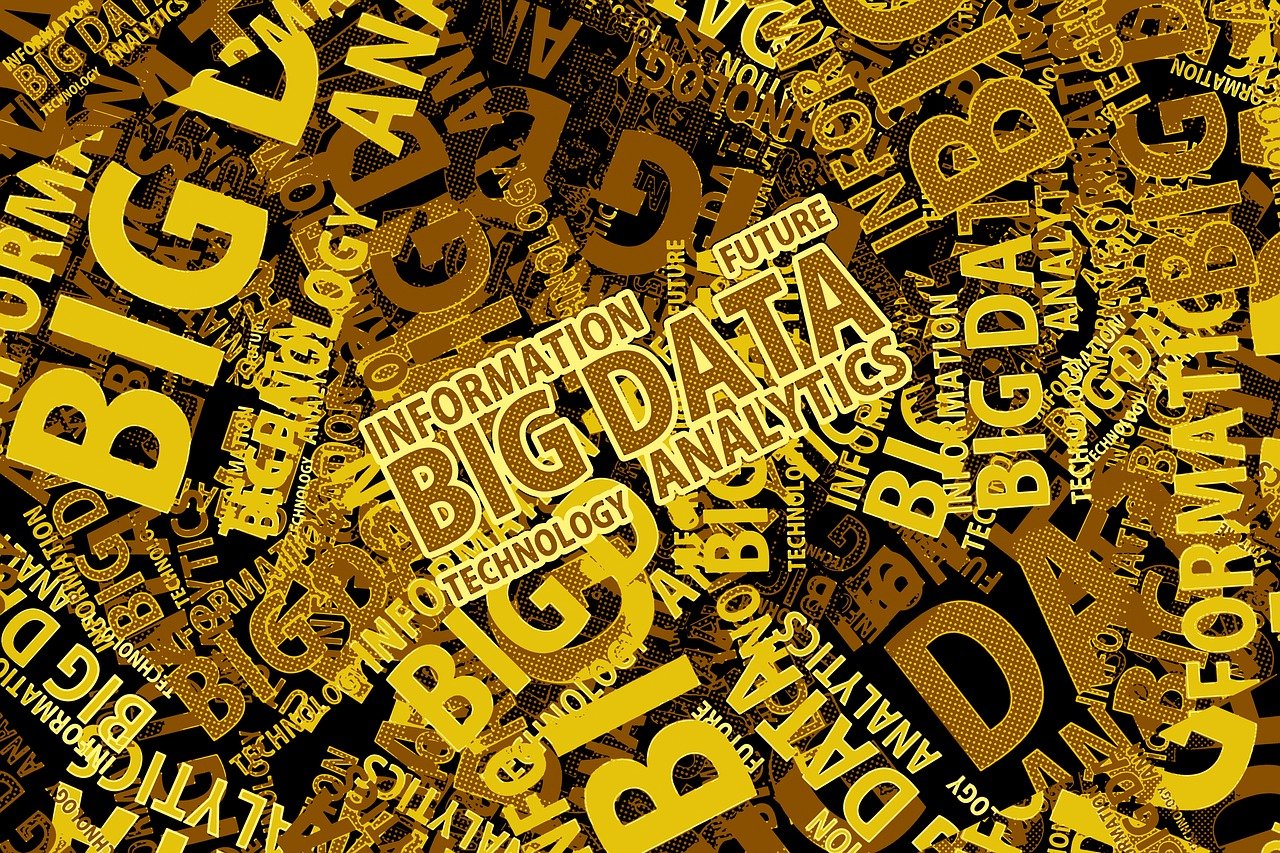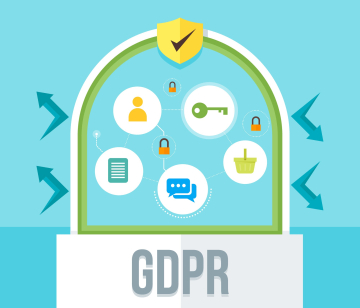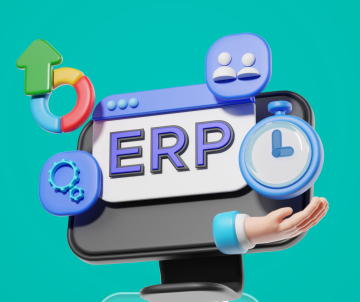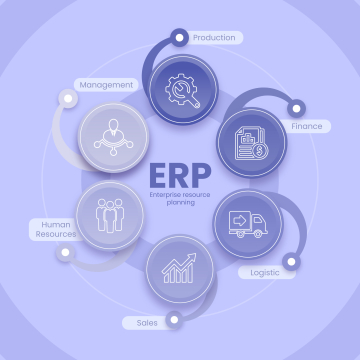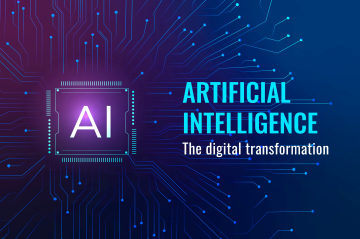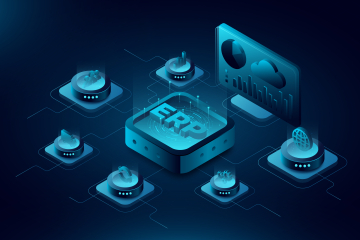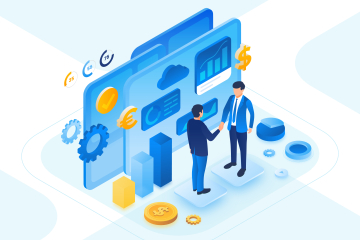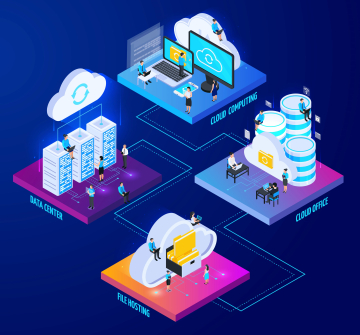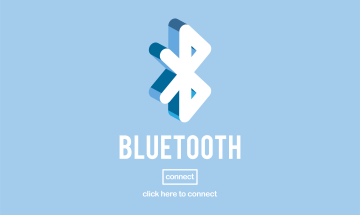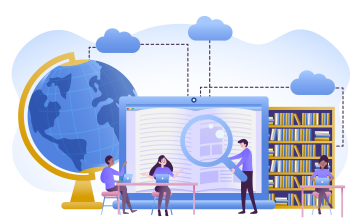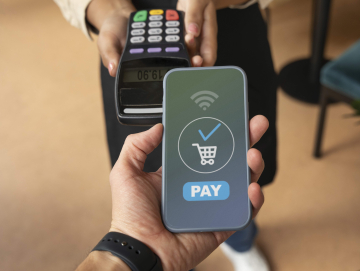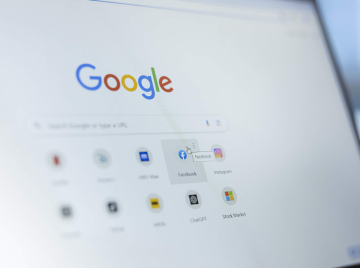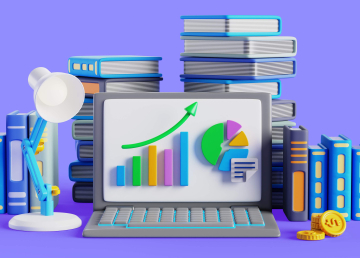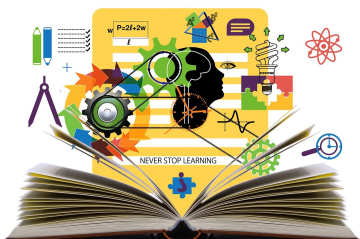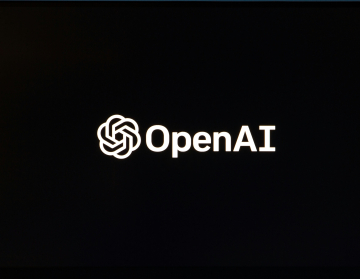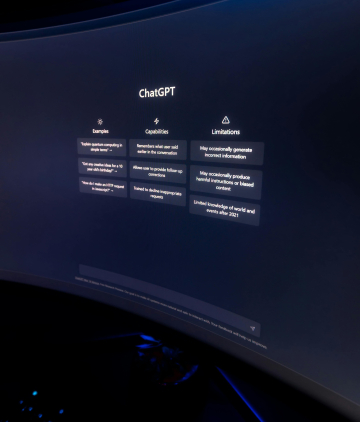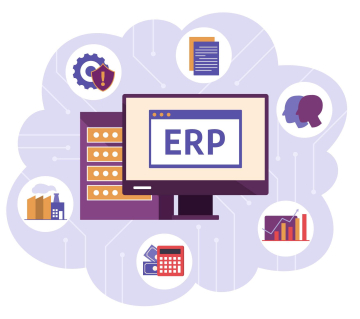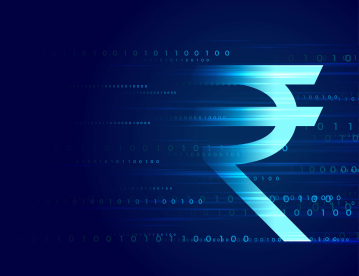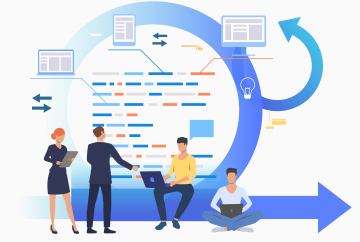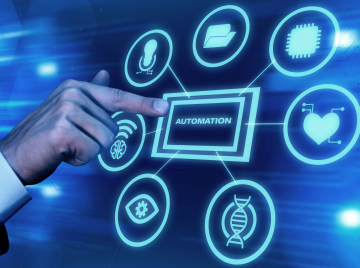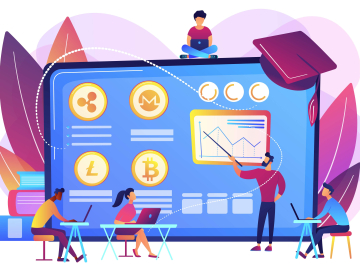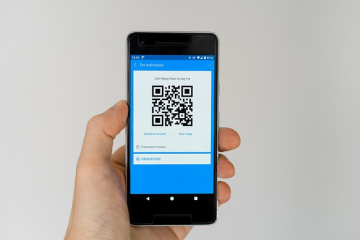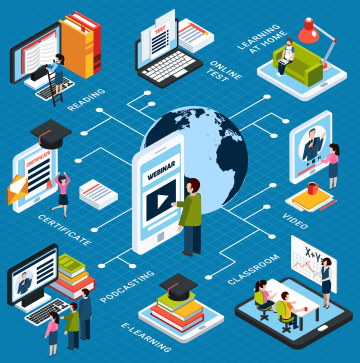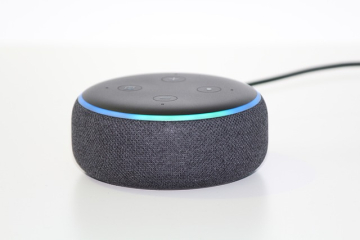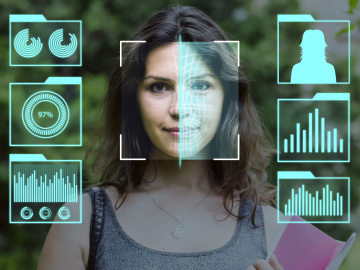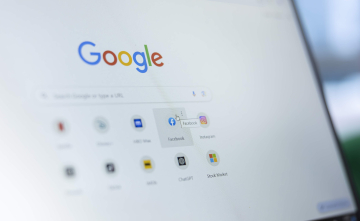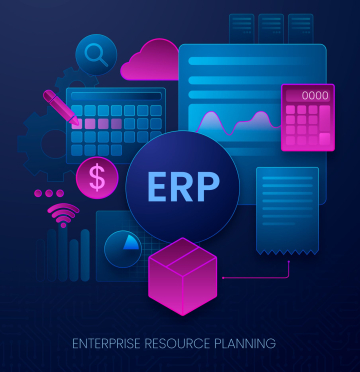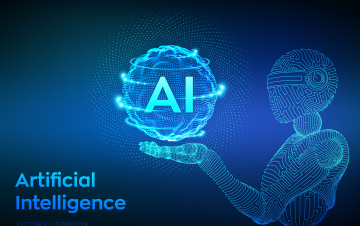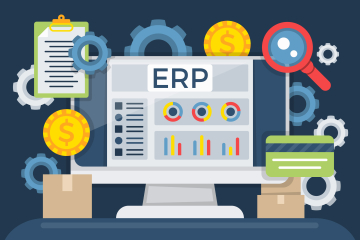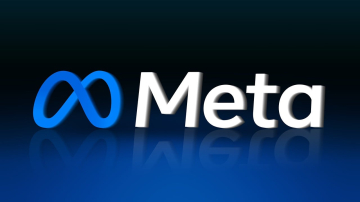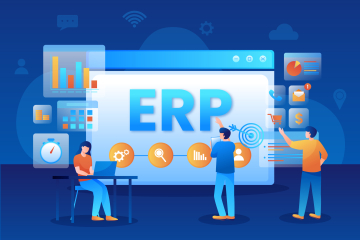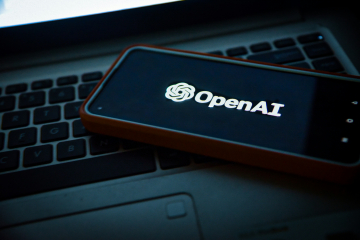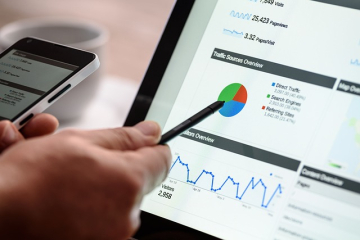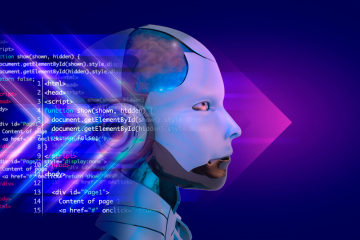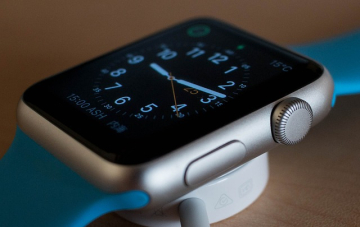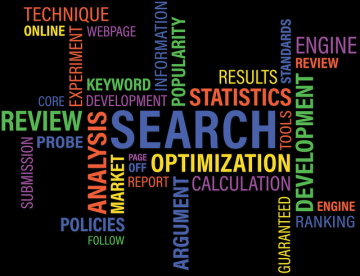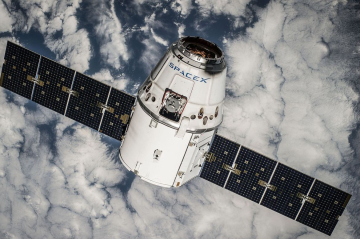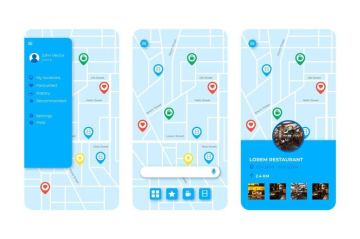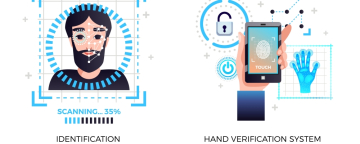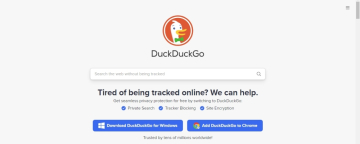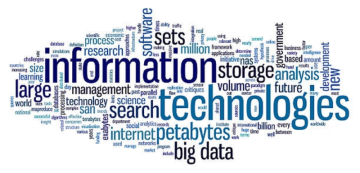Human History has its fair share of events and each of these events were influenced by special resources that shaped and contributed to the progress of civilisation. In the ancient times, it was gold and land as they held the means of accessing power, wealth and resources alike. Then with the start of the Industrial Revolution, we had coal, oil and iron become the backbone of economies as they ran life back then. And now in the modern era, data is becoming the most valuable resource of this time as knowledge and understanding as well as countless accounts of valuable and rare data is becoming the new gold standard of our economies.
The phrase “data is the new gold” captures this shift very well. Just like gold was treasured for its rarity and value, data is now seen as a priceless resource. It is the fuel that runs modern businesses, shapes government decisions, and even affects our daily lives. Every time we browse the internet, post on social media, watch a video, shop online, or even walk with a smartphone in our pocket, we are generating data. This constant flow of information is what makes the digital world go round.
Value of Data
One of the biggest reasons data is so valuable is because of its scale. Every second, billions of people across the world are producing huge amounts of information. By 2025, it is expected that more than 180 zettabytes of data will be created every year. It is important to remember that a single zettabyte of data contains a trillion gigabytes of data. The amount of data we have always increases yearly so unlike gold or diamond which are limited resources, data is truly endless and grows every moment all around the world. This truly makes it a global resource.
But it’s important to remember that its not the size of the data that makes it valuable, its usage and usefulness is what makes it valuable. Raw data, on its own is not anything special, however when refined and rebuilt, makes it valuable and expendable. When such types of raw data are collected and analysed, it becomes a meaningful. Such types of data can be used by businesses to learn and understand what their customers want and then employ the latest market strategies and tactics as well as using that same said data to refine their products and improve upon them. Government can also use this data to make proper decisions and employ laws and regulations that can benefit all sectors of the economy and infrastructure. Ordinary people can use this data for their own benefit as well, for example, a person can use Google Maps to find their destinations or use streaming services and entertainment sites to enjoy their favourite shows and videos alike. Raw Data in general when processed properly can generate amazing results for its users.
How Data Is Utilised
Some of the most successful companies in the world today are built almost entirely on data. Google, Amazon, Facebook, Apple, and Microsoft are not just your average technology companies, they are data giants. Google uses data to refine their search results and offer their users a better search experience, they continuously use data to improve their search engine as well as improve their website to offer users a dynamic experience. Amazon uses data taken from their user’s search habits to suggest the best possible product that they can offer. Facebook uses data collected from their users to suggest trends and products to their users as well as using it to influence their “recommended” pages. These companies prove that in today’s world, data is more valuable than physical goods. Their market value comes from their ability to collect, store, and use information better than anyone else.
The influence of data spreads far beyond business. In healthcare sectors, doctors use data to track patient histories, predict diseases, and even create personalized treatment plans to improve their patients’ health. In financial sectors, banks and financial institutions rely on data to detect fraud and manage risks and plan their future finance decisions. In agricultural sectors, farmers are now using data from satellites and sensors to grow crops more efficiently and with fewer resources. In transportation, ride-hailing apps like Uber and Ola depend on data to match drivers with passengers and to calculate the best routes to make sure their passengers reach their destination as efficiently as possible. No sector of the economy is untouched by data—it is the invisible engine driving progress everywhere.
Data is not only changing industries; it is also reshaping global power. Countries that master the use of data are becoming global leaders in technology and economy. For example, the United States, with its Silicon Valley companies, has long been a leader in data innovation. Meanwhile, China is investing heavily in artificial intelligence and data-driven technologies to strengthen its global position. Control over data has even become a political issue. Countries are debating who should own data, where it should be stored, and how it should be shared. In the past, wars and politics often centered around oil or natural resources. In the future, many believe the struggle for power will revolve around data as there have been reports of foreign hackers infiltrating servers to steal sensitive data and information from institutions and companies.
Concerns and Challenges in Data Regulation
The rise of data also brings many challenges. Data is tied to human lives, a person's livelihood is now literally dependent on data. It contains very personal details about people like where they go, what they buy, what they search, and even their private conversations. This makes data privacy a very serious issue. Similarly, many large companies have faced cyberattacks where millions of people’s data was stolen. These incidents raise several important questions about data and their usage and who really owns it.
Another issue is inequality. Even though everyone contributes to the creation of data equally, its benefits are not shared equally. Mega corporations and powerful countries with a good data infrastructure reap most of the profits that they can benefit from using the said data meanwhile, smaller companies as well as underdeveloped countries with a weak data infrastructure fall behind. This has created a “data divide” among the privileged and unprivileged sectors where those with better technologies and equipment control most of the flow of data and information. Much like the gold rush, today’s data boom can bring both prosperity and exploitation, and without proper management, it risks deepening inequality and fuelling data misuse
Cybersecurity is another huge concern. Since data has become so valuable, it is often targeted by hackers and criminals. Identity theft, online fraud, and data breaches have become very common. When such incidents happen, people lose trust in digital systems. Trust is extremely important in the data economy. If people lose trust in data institutions and feel uncomfortable about sharing their information, then the entire systems could collapse. Strong data laws and strict punishments for data stealing and piracy should be introduced inorder to regulate data breaches and hacking.
Future Of Data
Looking at the present, it is evident that data will only keep growing. With the rise of technologies like Artificial Intelligence, 5G networks and IOT also known as Internet Of Things, the generation of data will only keep increasing. Smart cities will depend on data to manage traffic, energy use, and public safety. Self-driving cars will rely on real-time data to make split-second decisions. Even space exploration is becoming data-driven, with satellites collecting vast amounts of information about Earth and beyond. The more we depend on digital systems, the more important data becomes.
But with this future comes responsibility, as careless use of data can harm the society like how exploitation of our natural resources has harmed our environments and destroyed ecosystems. Issues like privacy breaches, data breaches, misinformation and increasing hacking and inequality can destroy trust and reliance. Ideas like open data initiatives, stronger privacy laws, and ethical guidelines can help create a healthier digital ecosystem.
In the end, the saying “data is the new gold” is not just another phrase, it reflects a deep truth about our times. Data is valuable because it shapes economies, powers businesses, and influences nations. It is limitless in supply but priceless in potential. Yet, unlike gold, it touches every person directly, because it is built from our lives, our choices, and our behaviour. This makes it both powerful and sensitive at the same time.
If we regulate the use of data with responsibility, then it could create countless possibilities for better opportunities and an easier way of life for the people all around. But however, if we misuse data and exploit it then it could very well be destructive for us as it may create a divide. All in all, the use of data can be a very powerful tool when handled properly and with responsibility. It leads to amazing innovations and opportunities alike truly making it the gold of the modern world.
For more information on IT Services, Web Applications & Support kindly call or WhatsApp at +91-9733733000 or you can visit https://www.technodg.com


